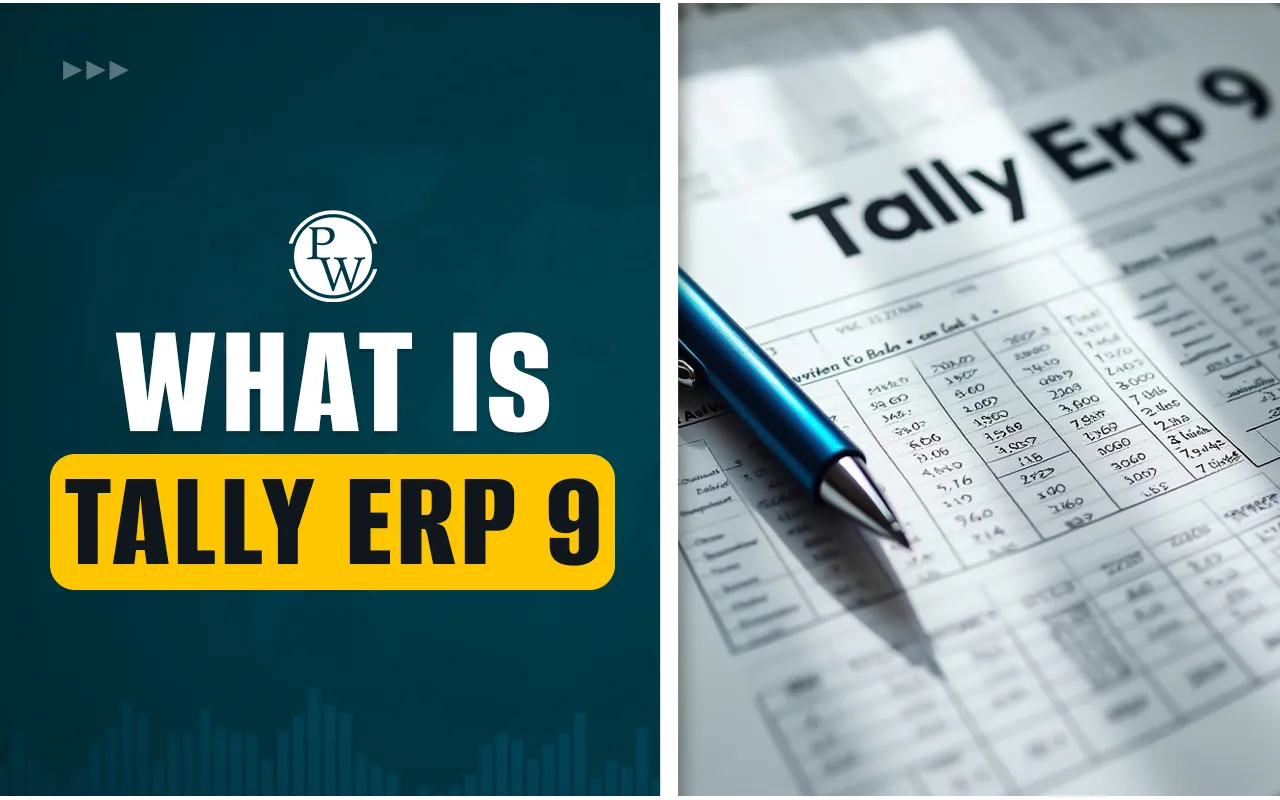
Corporate finance interviews are no walk in the park. They can be intense, fast-paced, and highly technical. But if you’re preparing to step into this competitive arena in 2025, you’re already one step closer to your dream role. Whether you’re a fresh graduate eyeing your first break or a professional looking to make a move into the world of corporate finance, this guide to corporate finance interview questions will be your career game-changer.
Here, we explore the top corporate finance interview questions, offer insightful answers, explain why these questions matter, and share expert tips to help you crack your next finance interview confidently.
What is Corporate Finance?
Before diving into corporate finance interview questions, it’s essential to understand what the job entails. Corporate finance professionals handle the budgeting, financial forecasting, capital structure, and investment strategies of a company. They make decisions that drive profitability, manage risks, and ensure the business is financially stable. When preparing for a corporate finance interview, always reflect on how your skills align with these key responsibilities.
Nature of Corporate Finance Interviews
A corporate finance interview is more than just a test of your knowledge, it’s an evaluation of your ability to think critically, solve problems, and communicate financial insights clearly. The stakes are high, companies are trusting you with their financial future. Interviewers will typically divide their focus into two parts: behavioural and corporate finance technical interview questions.
Behavioural questions assess your soft skills, how you handle pressure, work in teams, or make leadership decisions. Corporate finance job interview questions that fall under the technical category explore your proficiency in topics like capital structure, cash flow, working capital management, and financial modelling.
Read More - CFA Salary in India: Average Pay & Growth (2025)
Common Corporate Finance Job Interview Questions and Answers
Let’s dive into the most commonly asked corporate finance job interview questions. These are curated from real interviews across top firms and are likely to appear in 2025 and beyond.
1. If you were to analyze a company’s health using only one financial statement, which would it be and why?
This question assesses your understanding of financial statements.
Sample Answer:
“While all financial statements are important, I would choose the cash flow statement. It provides a clear view of the company’s liquidity and cash generation capabilities, which are critical for daily operations and long-term growth. Unlike the income statement or balance sheet, it directly reflects the cash inflows and outflows, offering insights into operational efficiency.”
2. Can you explain the differences between equity financing and debt financing?
Employers ask this to test your grasp of funding methods.
Sample Answer:
“Equity financing involves raising capital by issuing shares, giving investors ownership in the company. Debt financing, on the other hand, means borrowing funds that must be repaid with interest. While equity avoids repayment obligations, it dilutes ownership. Debt, though cost-effective due to tax benefits, increases financial risk. The choice depends on the company’s financial strategy and growth plans.”
3. How would an increase in inventory impact the financial statements?
This tests your knowledge of financial interconnections.
Sample Answer:
“An increase in inventory would appear as an asset on the balance sheet, reducing cash in the cash flow statement’s operating activities. It does not directly affect the income statement unless inventory is sold, as costs are only recognized when sales occur.”
4. What steps would you take as a CFO to improve a company’s financial performance?
This question explores strategic decision-making skills.
Sample Answer:
“I would prioritize cost optimization, invest in high-return projects, and diversify revenue streams to enhance financial performance. Additionally, I would focus on maintaining liquidity, optimizing working capital, and leveraging technology for data-driven financial decision-making.”
5. How would you explain the concept of weighted average cost of capital (WACC) to a non-finance professional?
This evaluates your ability to simplify complex concepts.
Sample Answer:
“WACC represents the average rate a company expects to pay its investors—both equity and debt holders—for using their capital. It’s like the interest rate a company pays to all its investors for the funds they provide, and it’s crucial for making investment decisions.”
Read More - Finance Manager Job Description, Salary and Qualifications
Corporate Finance Technical Interview Questions
When you hear the term corporate finance technical interview questions, think balance sheets, ratios, IRR, DCFs, and forecasting. The key technical questions to prepare for are given below:
1. Walk me through a DCF (Discounted Cash Flow) analysis.
This is one of the most classic corporate finance interview questions. Understanding how to value a company is essential.
2. What is WACC, and why is it important?
The Weighted Average Cost of Capital is used as a discount rate in DCFs. It reflects the cost of equity and debt, providing a holistic picture of investment risk.
3. How do you calculate Free Cash Flow (FCF)?
FCF = EBIT (1 - Tax Rate) + Depreciation & Amortization - CapEx - Change in Net Working Capital.
4. What are the three methods of valuation?
DCF Analysis, Comparable Company Analysis (Comps), and Precedent Transactions.
5. How does depreciation affect the financial statements?
Depreciation lowers taxable income on the income statement, reduces the value of assets on the balance sheet, and is added back as a non-cash expense on the cash flow statement.
Behavioral Corporate Finance Interview Questions and Answers
Beyond numbers, recruiters are looking for team players and critical thinkers. The following are some behavioral corporate finance interview questions and answers:
1. Tell me about a time you identified a financial risk and how you mitigated it.
Answer: "At my internship, I noticed a delay in vendor payments that incurred penalty fees. I proposed a new payment tracking sheet that aligned with due dates, reducing penalties by 40%."
2. How do you handle tight deadlines?
Answer: "I prioritize tasks using the Eisenhower Matrix and break them into milestones. This ensures I focus on high-impact activities and deliver on time."
3. Describe a time you worked with a difficult team member.
Answer: "At university, I had a project mate who missed deadlines. I held a one-on-one meeting, understood his challenges, and reassigned tasks based on strengths. The project succeeded."
How to Structure Your Answers in Corporate Finance Interviews
One of the smartest ways to tackle corporate finance interview questions is by using the STAR method:
Situation: Describe the context.
Task: What was your responsibility?
Action: What did you do?
Result: What was the outcome?
This format ensures that your answers are comprehensive, organized, and easy to follow.
Tips to Ace Your Corporate Finance Interview in 2025
Preparing for a corporate finance interview requires a well-rounded approach. The following are some key tips to help you succeed:
Understand the Types of Questions
Corporate finance interviews typically consist of two main question types: behavioral and technical questions. It’s important to be ready for both.
Prepare for Behavioral Questions
Behavioral questions focus on your soft skills, such as leadership, teamwork, problem-solving, and commitment. To prepare, think of 5-7 examples from past job experiences that demonstrate your abilities. This will allow you to answer confidently and show your potential.
Prepare for Technical Questions
Technical questions assess your knowledge of finance and accounting concepts. Brush up on key topics using online tutorials, videos, books, or other resources. This will help you demonstrate your expertise during the interview.
Think Before Answering
When responding to questions, take a moment to structure your answer in your mind. A brief pause helps you provide a more coherent and thoughtful response.
Use Specific Examples
Whenever possible, give specific examples to support your answers. This approach will make your responses stand out and impress interviewers, as it shows you have real experience.
Do Your Research
Before the interview, research the company and the role. Understanding the company’s culture, goals, and recent news will allow you to tailor your answers and show your interest in the position.
Why You Should Consider PW Financial Modeling Course?
To excel in corporate finance, practical skills and advanced knowledge are essential. PW Financial Modeling Course with Deloitte Learning Academy offers a comprehensive curriculum designed to enhance your financial modeling, valuation, and analytical skills. This course bridges the gap between theory and practical application, equipping you for top-tier corporate finance roles.
FAQ
What is the best way to prepare for a corporate finance interview?
What are the most commonly asked corporate finance interview questions?
Are behavioral questions important in finance interviews?
How technical are corporate finance interviews?
Can I crack the interview without work experience?










